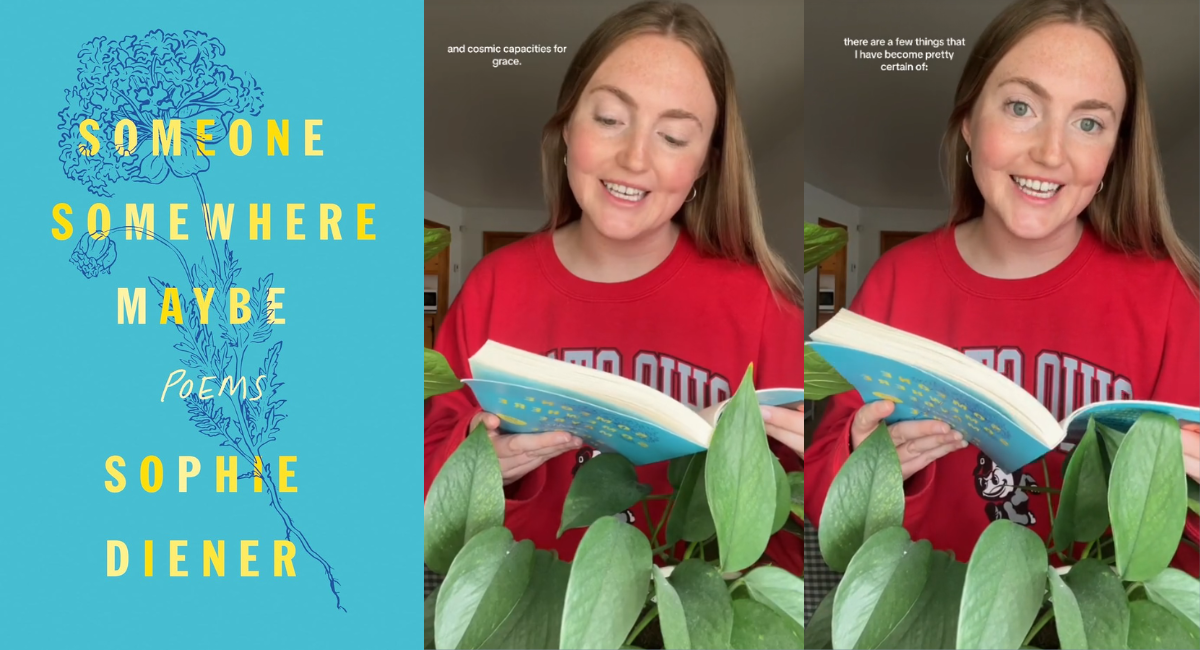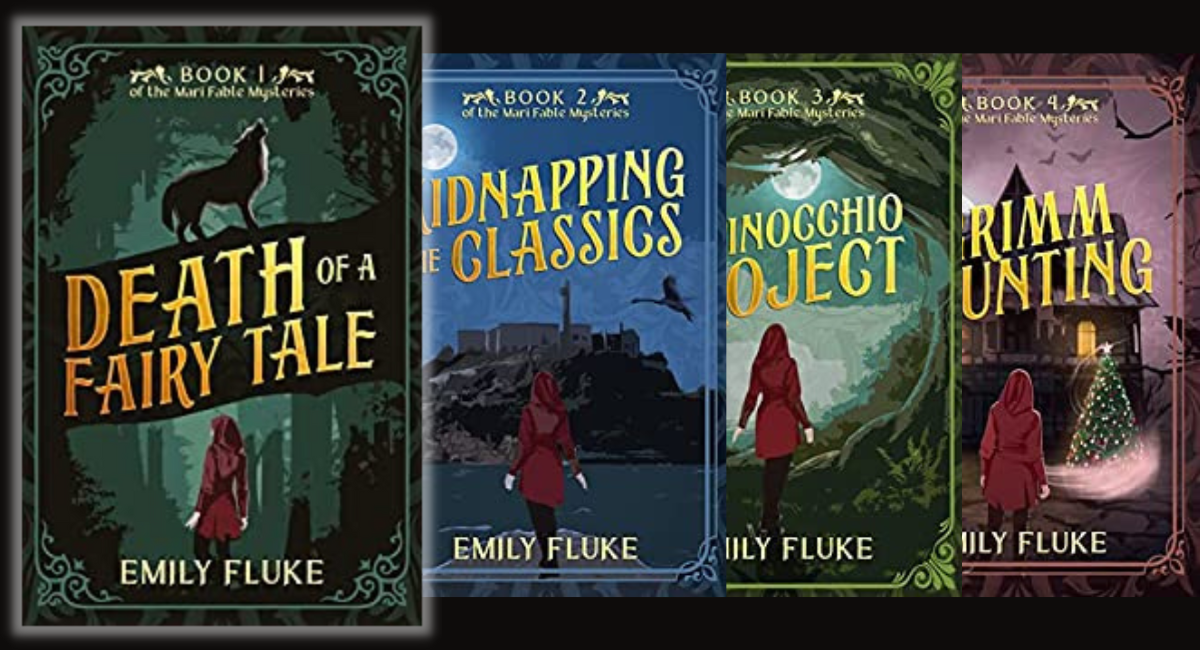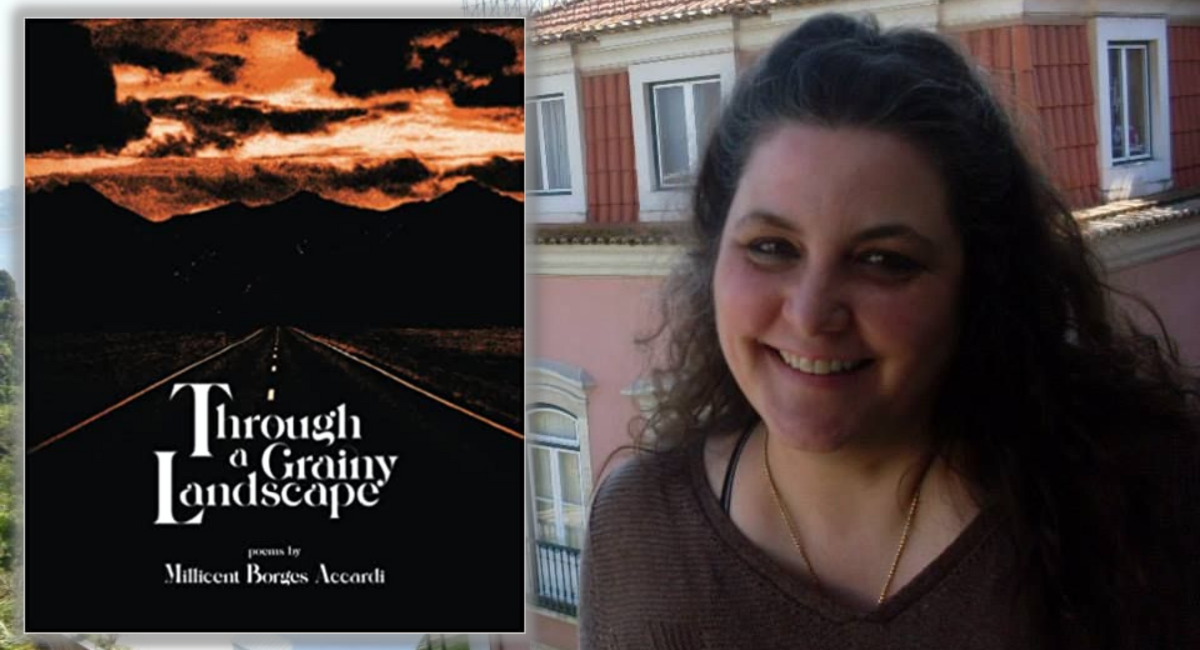Few of us understand how privileged we are until we are put face-to-face with a dire situation, like seeing a house fire where the family loses everything they own. Though middle-schoolers and twin sisters, Taylor and Mackenzie, had their own struggles with a year of cancer treatment, they realize in the summer before they graduate and go off to high school that they are still much more privileged than others, specifically a young girl who lived on their home’s land before them.
 In The Summer of Us by Tori Martin, Taylor and Mackenzie Everett’s family live in southern Louisiana on a fairly wealthy property near the Bayou, and it’s also a former slave plantation. All of their friends also live on former slave owner land and are well-off, some much richer than the Everett family, like their friend, Evangeline. In addition to the twins’ older brother, Riley, they also have their mother and father, and a series of servants living on their property, including a personal chef, gardener, and part-time chauffeur, among others.
In The Summer of Us by Tori Martin, Taylor and Mackenzie Everett’s family live in southern Louisiana on a fairly wealthy property near the Bayou, and it’s also a former slave plantation. All of their friends also live on former slave owner land and are well-off, some much richer than the Everett family, like their friend, Evangeline. In addition to the twins’ older brother, Riley, they also have their mother and father, and a series of servants living on their property, including a personal chef, gardener, and part-time chauffeur, among others.
We join Taylor and Mackenzie in that miraculous, magical moment when they get to ring the bell that signals that their cancer treatment is over and they are now in remission. While Taylor (the main narrator) is haunted by the possibility that her remission will not last forever, the girls otherwise have typical middle-school girl summer experiences, like enjoying the weather, wishing upon stars, and sharing secrets and thoughts about their future time in high school, but also with the wealthier experiences of owning and riding horses, going to extravagant birthday parties, and attending debutante-like tea parties.
Where the story gets really interesting is during the girls’ first horseback ride since they began chemotherapy. Because they were too compromised from their treatment, they hadn’t been able to ride their beloved horses in many months, which proves to be a beautiful moment that we readers get to share with the exuberant girls. But the moment takes a haunting turn when they come across a clearing on their family’s property that they didn’t know was there: an overgrown, creepy, circular clearing that contains cement mounds and shackles. The one prized find from the space is a metal box, as well as a key found with the shackles, which works to open the box, revealing a diary dating back to the mid-1800s.
The diary is written by a 13-year-old girl named Nora Mae, about the same age as Taylor and Mackenzie, but while they’re thinking about going off to high school and remembering their cancer treatments, Nora Mae dreams of escaping the plantation to Canada and becoming a free Black girl, instead of a lifelong slave. The girls sneak the diary back to their bedroom, not wanting to expose it to the elements but also not wanting to share it with their parents or servants “in case the diary is too sad” and so they can read it in its entirety.
As they read entry after entry, with Nora Mae having similar (though much more negative versions) of the same experiences as their own, Taylor and Mackenzie go to the library to look at property records, only to find that their home’s property and all of the slaves were sold to their great-grandfather, but perplexingly, Nora Mae’s name was not on the list of slaves who were sold. The thirteen-year-old girl seemed to simply disappear from historic records entirely. But as the girls continue about their summer lives and keep reading Nora Mae’s story, they come to their own conclusions about Nora Mae’s life, their lives and family’s property, and how they feel about privilege (which I won’t reveal here, because I don’t want to ruin the ending for anyone!).
The only two issues I have with the book deal with the time setting and character development. The book reads as a story out of time, in a way, as there are few references to pop culture, social media, etc., that would set the book in a particular decade (though tonally, I read it as somewhere in the early 2000s). I mention this, because the story is set in Louisiana near the Bayou, and the main characters and their friends all live on at least fairly wealthy properties that were former slave plantations, the families have servants, and they have varying opinions about how to treat and respect those servants. Though the main characters are likable, and I believe the story is important, I struggled a bit with how the families’ servants are presented and treated. In Taylor and Mackenzie’s friend, Evangeline’s, house, the servants are disrespected and cast to the side. In Taylor and Mackenzie’s house, while their various servants appear to be more integrated and respected, they are still very sweet, one-note characters who could have been developed more meaningfully. The main character and narrator, Taylor, also references her great-grandfather who owned slaves but believed in paying them wages, which gave off negative “my great-grandfather was a slave owner but a nice slave owner” vibes.
But all in all, The Summer of Us by Tori Martin is a thoughtful, sweet, and at times funny story about two sisters growing up together, navigating remission together, dreaming about the future together, getting to know a girl from what they feel like is a completely other time together, and then growing up in significant, character-building ways together. It’s a lovely exploration of history, family ties, sisterhood, race, privilege, and identity, and I think it’s an important book for anyone to read, whether they are in middle school, high school, or are even adults. There’s something for anyone to learn here, if they’re only willing to listen.
 Pick Up Your Copy of The Summer of Us Here
Pick Up Your Copy of The Summer of Us Here
Written by Tori Martin
December 2023 (160 pages)
ASIN: B0CQ5PXS2C
$4.48
TORI MARTIN is a young author from southern Ontario. When she isn’t writing or dreaming up ideas for her next story, she enjoys hanging out on the farm with her calves. This is her first book.






0 Comments